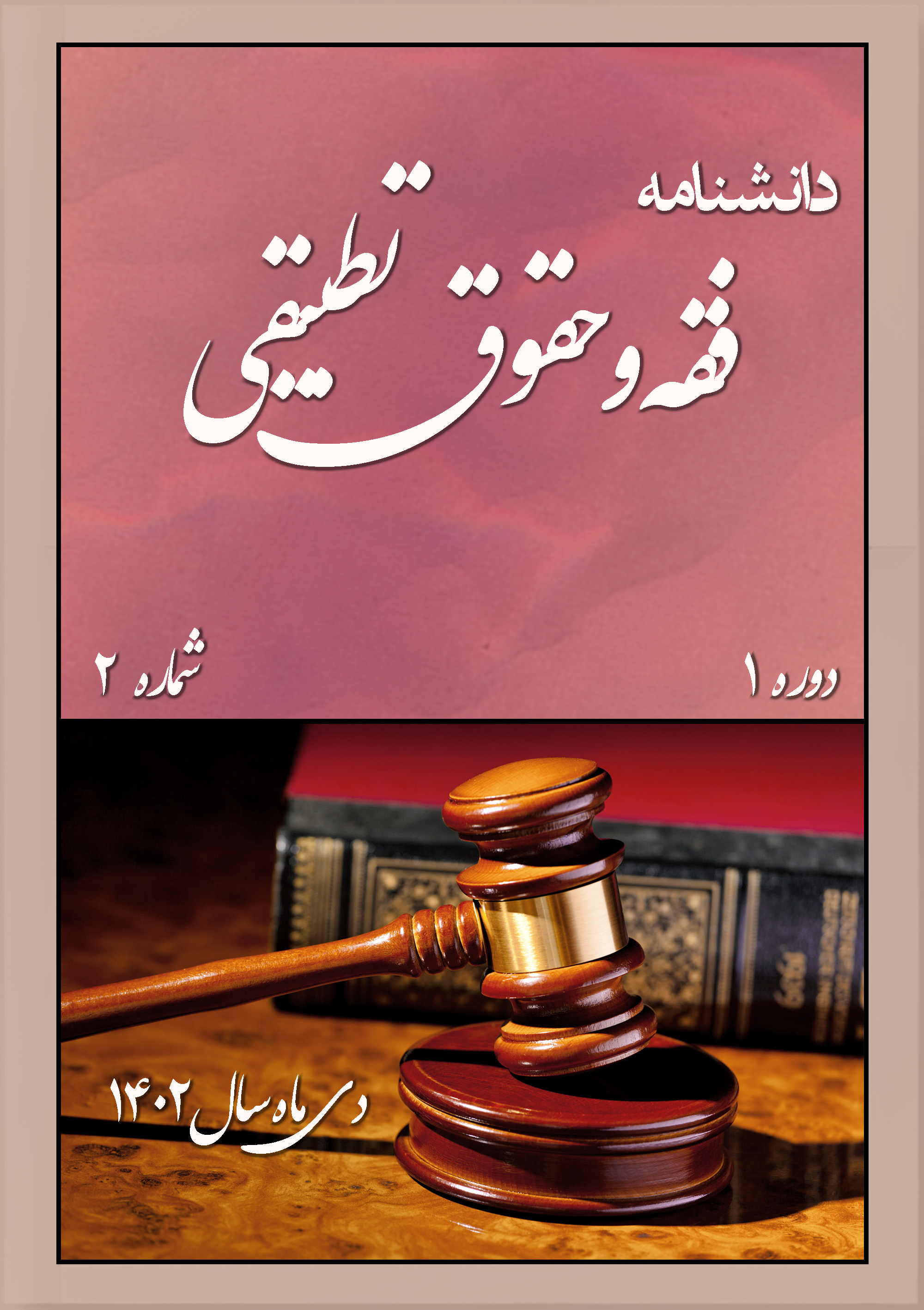Comparison of Animal Rights in Islam and International Law with Reference to the Theories of Peter Singer and Allameh Tabataba'i
Keywords:
Animal rights, Islam, international law, Peter Singer, Allameh Tabataba'i, utilitarianism, jurisprudential and ethical foundations, Islamic slaughter, international treaties, pain and suffering reductionAbstract
This article examines and compares animal rights in Islam and international law, drawing on the theories of Peter Singer and Allameh Tabataba'i. Initially, it explores the jurisprudential and ethical foundations of animal rights in Islam and the influence of Quranic principles and prophetic traditions on Allameh Tabataba'i's views. Subsequently, the history and evolution of animal rights in international law and the impact of Peter Singer's theories on the formulation of international treaties and laws are analyzed. The article also includes case studies on the conditions of animals in slaughterhouses, the use of animals in scientific research, and the rights of domestic animals. The conclusion summarizes the discussions and provides suggestions for improving and developing animal rights. Additionally, the mutual influences of Singer and Tabataba'i's theories on the future development of animal rights are examined. This study demonstrates that integrating ethical and religious perspectives can help create a comprehensive and balanced framework for animal rights, which considers both moral and religious principles as well as utilitarianism.










